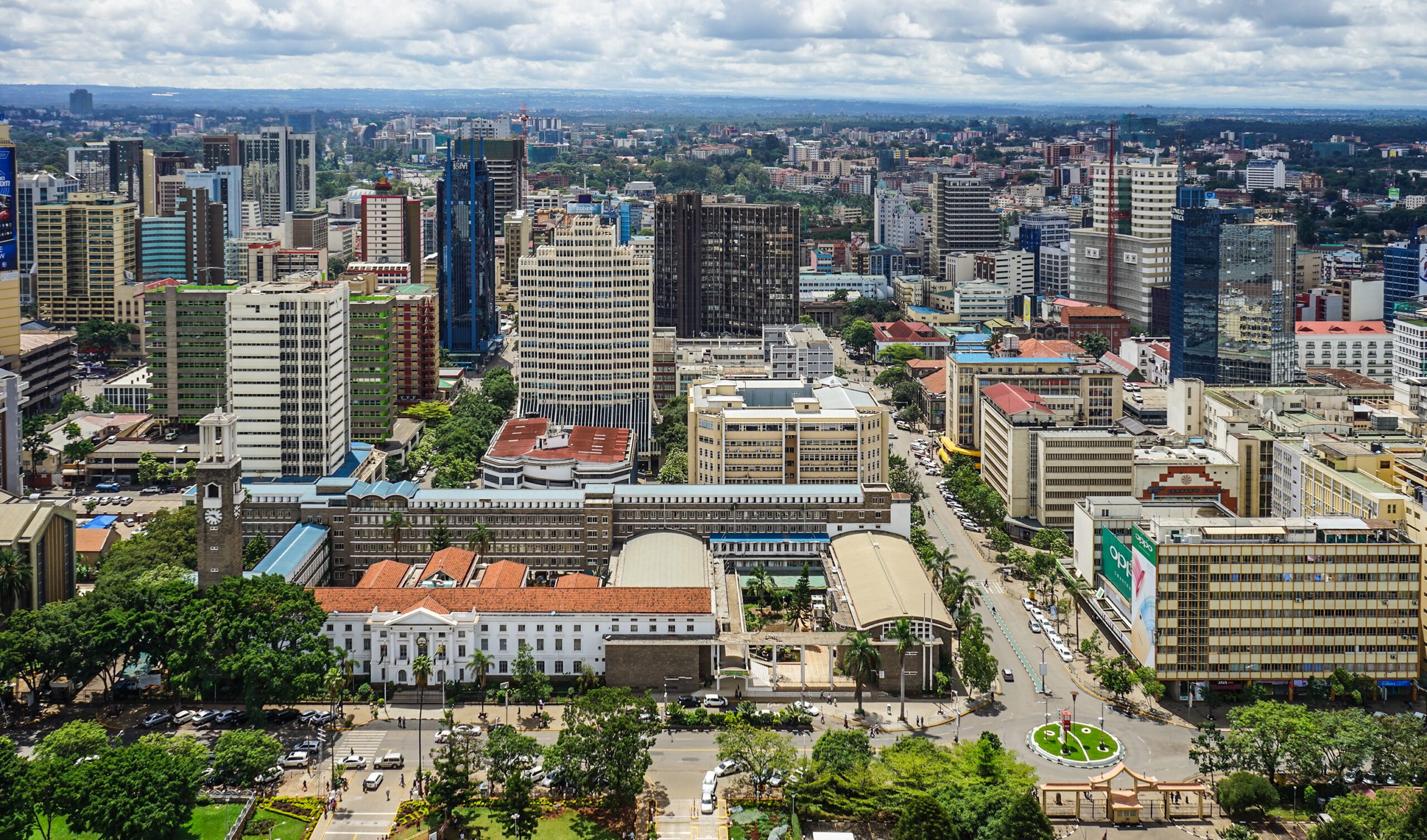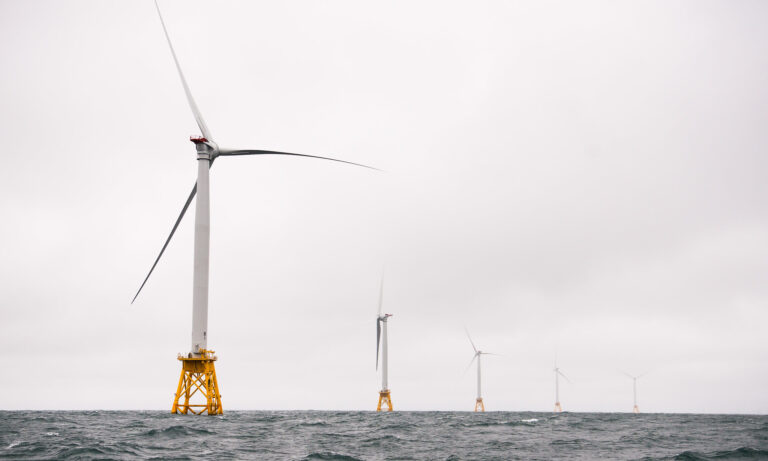
When discussing why the EU should increase its engagement with geographically distant Africa, policymakers often point to China’s diplomacy and infrastructure investments. The prevailing argument is that these should be countered by the Global Gateway, the EU’s flagship infrastructure initiative that rivals China’s Belt and Road Initiative (BRI).
This article is part of a series of articles authored by young, aspiring China scholars under the Future CHOICE initiative.
While the Global Gateway is unlikely to change its rationale and direction, there is a strong argument that Europe’s positive role in Africa lacks visibility. The EU continues to view Africa primarily as a recipient of development aid rather than as a strategic partner, framing the relationship within a donor-recipient dynamic. However, the Baltic three – that is, Estonia, Latvia, and Lithuania – have recently emerged as actors capable of redefining the EU-Africa relationship by exploring new avenues for the EU’s engagement based on mutual learning and problem-solving. Digital transformation has emerged as a particularly fruitful area for such cooperation.
Africa’s Digital Transformation
Digital transformation is critical for many African countries, as it is an important catalyst for Africa’s growth, competitiveness, and socio-economic development. According to the World Bank, the success of the digital economy depends on five key foundations – digital infrastructure, digital skills, digital platforms and services, digital financial services, and digital entrepreneurship. Building a robust ecosystem based on these pillars could enhance Africa’s global position in the digital age. South Africa’s Ambassador and Permanent Representative to the WTO, Mzukisi Qobo, has emphasized that the continent faces pressing challenges in digital infrastructure and skills. Until now, these challenges have been addressed primarily through China’s BRI and, more recently, the EU’s Global Gateway.
China’s digital engagement in Africa can be traced back to its Digital Silk Road, a digital extension of the BRI launched in 2013. The Digital Silk Road has been instrumental in Chinese forays into Africa, with China’s tech giants like Huawei establishing a strong presence in the African market. Huawei began its operations in Africa, namely Kenya, as early as 1998. Since then, it has installed a significant amount of Africa’s core digital infrastructure, including undersea fiber-optic cables and 70 percent of the continent’s 4G cellular networks. It has also opened digital skills training centers.
Digitalization has also been a focus area of the EU’s Global Gateway, introduced in 2021. Half of the Global Gateway’s digital flagship projects are in Africa, concentrating primarily on infrastructure development. An example of this is the construction of a data center in Mauritania and expansion of the optical fiber infrastructure in Kenya. Similarly to China, the EU’s engagement with Africa on digital issues predates the Global Gateway, dating back to the sixth EU-Africa Business Forum (EABF) in 2017. This forum recommended integrating the digital economy into EU-Africa cooperation and led to the creation of the African Union-European Union (AU-EU) Digital for Development (D4D) program. Although infrastructure outcomes have been modest – only 9 percent of total projects in Africa are labeled as ‘digital’ – efforts to train digital skills in Africa are gaining momentum, especially thanks to the Baltic trio’s increasingly proactive roles.
The Baltic Approach to Africa
Among the Baltic states, Estonia has the most thriving digital partnership with Africa, though this is a relatively recent development. After regaining its independence in 1991, Estonia, like its Baltic neighbors, focused on consolidating its statehood and joining international organizations such as the United Nations, the European Union, and NATO. Estonia’s initial diplomatic efforts were directed toward its Eastern Partnership with countries like Ukraine, Georgia, and Moldova. As a result, there was no cohesive national approach to Africa until 2021, when the Estonian Ministry of Foreign Affairs unveiled the Estonia-Africa Regional Cooperation Strategy. As a founding member of the D4D Hub, Estonia has prioritized digital transformation as a key pillar of its cooperation with Africa. Through the Estonian e-Governance Academy and workshops conducted by the Estonian ICT Cluster, Estonia has shared its extensive expertise in e-governance and e-services with several African countries, thereby enhancing digital skills on the continent.
Latvia, another Baltic state and a member of the D4D Hub, has also shown interest in strengthening its digital ties with Africa. In June 2024, the Latvian Ministry of Foreign Affairs organized the largest international forum on Latvia’s partnership with African countries. The forum highlighted Latvia’s active non-governmental organizations in Africa, such as #esiLV and Riga TechGirls, which promote women’s digital and entrepreneurial skills. Although Latvia’s efforts to upgrade Africa’s digital skills are more modest compared to Estonia, they nevertheless mark the beginning of the country’s growing cooperation with Africa in digital transformation.
Similarly, Lithuania, the southernmost Baltic state and a member of the D4D Hub, has been exploring its own opportunities to deepen cooperation with Africa in the digital economy. In 2021, Lithuania introduced the Development Cooperation Strategy for Africa 2022-2025, which prioritizes digital transformation. This priority was first echoed in 2015 when the Lithuania-based Africa Research and Consultancy Center called AfriKO – now known as OSMOS – was established. Notably, in 2019, the center launched the Digital Explorers program, aimed at supporting Nigeria’s digital economy by enhancing the country’s ecosystem for digital entrepreneurship and ICT skills among young Nigerians. The 2024 Digital Explorers edition expanded to include ICT specialists from Kenya, who were given the option to either join Lithuanian ICT companies or return to Kenya with enhanced digital skills. Lithuania’s efforts thus contribute to Africa’s progress towards a digital economy and have the potential to expand cooperation into other areas.
Toward a More Balanced Partnership
The Baltic partnerships with Africa exemplify the power of collaboration in driving digital transformation and have several significant implications. Firstly, they offer a model for a more positive and proactive vision of the EU’s engagement with Africa, moving beyond merely countering China. This fosters a more balanced and comprehensive EU-Africa relationship. As Africa continues to embrace digital transformation, the Baltics will remain trusted and skilled partners emphasizing reciprocity.
Secondly, Baltic successes could inspire other EU member states to leverage their national strengths in particular areas, as did Estonia in e-governance or Latvia and Lithuania in digital entrepreneurship, so that they could build more equal partnerships with African countries. Given the EU’s currently fragmented approaches to Africa, adopting similar strategies by individual member states could help harmonize – though not necessarily unify – the EU’s vision for Africa.
Lastly, the Baltic trio’s expertise in digital transformation demonstrates how small states can enhance their international status and create a national brand despite limited conventional resources. This experience could be valuable for other small states, including those in Africa, enabling them to exercise their agency.
In conclusion, when the question arises as to why the EU should deepen its engagement with Africa, policymakers should advocate for an equal and cooperative partnership on issues that are salient to both sides, rather than focusing solely on countering China’s influence. However, for this approach to succeed, both the EU and Africa must commit to identifying converging interests, compatible visions, and potential synergies. Without this commitment, cooperation between the two will remain limited.
Written by
Elzė Pinelytė
ElzePinelyteElzė Pinelytė is an Associate Expert at the Eastern European Studies Centre (EESC), where she studies China’s foreign policy, with a focus on Sino-EU relations and its recent developments. She holds a Bachelor's degree in Sinology from Vilnius University, certificates from Zhejiang and Shanghai Jiao Tong Universities, and a Dual Master’s degree in International Governance and Diplomacy and International Relations from Sciences Po and Peking University.


